The government’s failure to limit protesting near abortion clinics is exposing women in London to abuse, politicians and charities have warned.
The use of so-called ‘buffer zones’, which would make protests near clinics illegal, was approved by MPs in March as an amendment to the Public Order Act.
The law has not yet been ‘commenced’, or made legally enforceable, by the Home Office so buffer zones cannot be introduced.
An abortion clinic in Brixton Hill has seen a growth in pro-life protesting outside its entrance in recent months.
Streatham MP Bell Ribeiro-Addy claimed staff working at the clinic are frequently accused of being murderers, and women accessing the services feel harassed.
“On Brixton Hill those protestors used to come down once or twice a week, now they’re there almost every day,” she said.
“This is, as far as I’m concerned, completely against democracy. People are extremely upset because they assumed that once the law was introduced, the buffer zones would be put in place and women would be able to access healthcare free from harassment.”
Ribeiro-Addy, whose constituency includes the Brixton Hill site, chaired a meeting on Thursday evening with police, clinic staff and local residents to discuss how to protect women before the zones are formally enforced.
A Home Office spokesperson said: “It is completely unacceptable that anyone should feel harassed or intimidated.
“The police and local authorities have powers to restrict harmful protests and we expect them to take action in such cases.
“The government will confirm timelines for the commencement of Safe Access Zones in due course.”
When enforced, buffer zones, or safe access zones, will outlaw harassment or obstruction within 150 metres of abortion clinics in England and Wales.
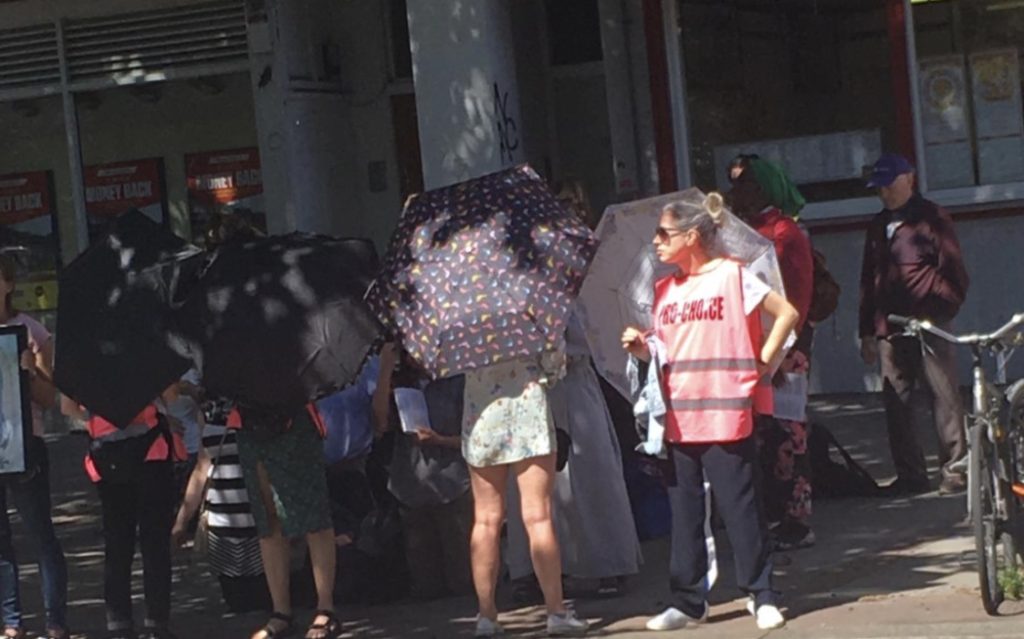
Louise McCudden, UK head of external affairs at MSI Reproductive Choices, which operates the Brixton Hill clinic, said: “Whether it’s staring silently or throwing salt on the ground, anti-choice groups gathering outside our clinics make accessing care much more difficult and distressing than it should be – which, of course, is their goal.
“This is happening outside our Brixton clinic, but it is a national problem.”
The British Pregnancy Advisory Service (BPAS), a charity which supports those with unwanted pregnancies, has accused the government of failing to keep Londoners safe by not enforcing buffer zones.
Lucy Grieve, policy and engagement manager at BPAS, said the decision undermines the legitimacy of parliament and leaves women and girls open to callous abuse.
“The protesters have 20ft banners with pictures of foetuses and Bible verses – that’s extremely distressing,” she claimed.
Lambeth councillor Jim Dickson who helped develop an online reporting tool for abortion-related harassment in 2019, joined the calls for the government to act.
Women leaving the south London clinics have been handed plastic foetuses and been spoken to by anti-abortion campaigners as they wait for public transport, according to an eyewitness.
Janet Baker, from Brixton, has organised counter-protests outside MSI Brixton Hill to support those seeking healthcare.
“There’s huge tension, because they’re quite a nasty bunch,” she said.
“They often are handing out leaflets, and will refer to the woman that has used the clinic as ‘mother’ or ‘mummy’ or ‘mum’.”
Baker, 56, who is a member of the Women’s Equality Party and runs a community centre in Tooting, said addressing women in this way suggests their only job is to reproduce.
The Society of the Protection for Unborn Children (SPUC) supports the right to protest outside clinics, but their activists do not attend any themselves.
A spokesperson for SPUC said: “We defend the rights of pro-life people to peacefully witness against abortion.”
They added: “Buffer zones are also an outrageous assault on civil liberties. We have already seen people arrested just for praying silently in their head – literally charged for having the wrong thoughts.”
Featured image courtesy of Janet Baker, with thanks
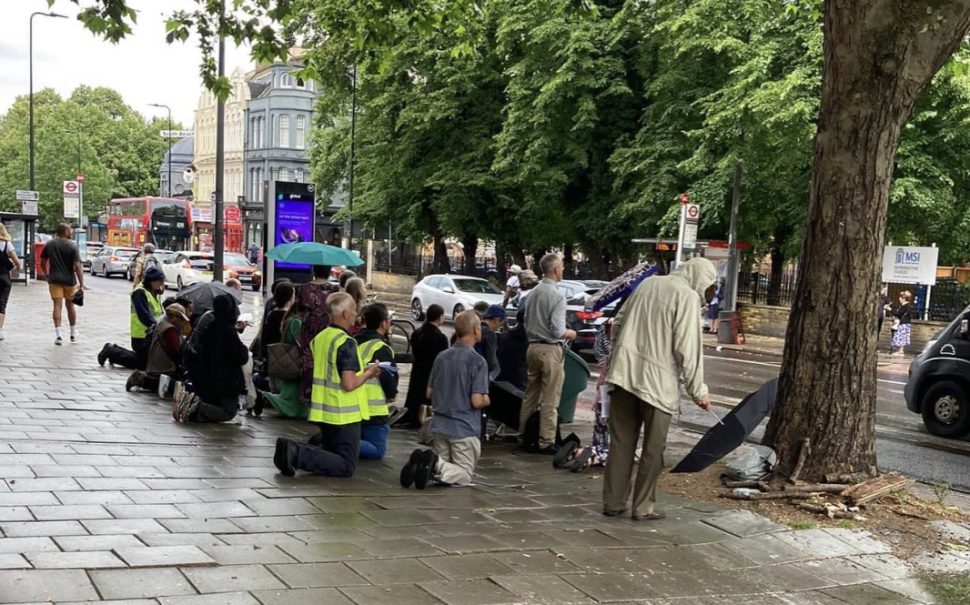
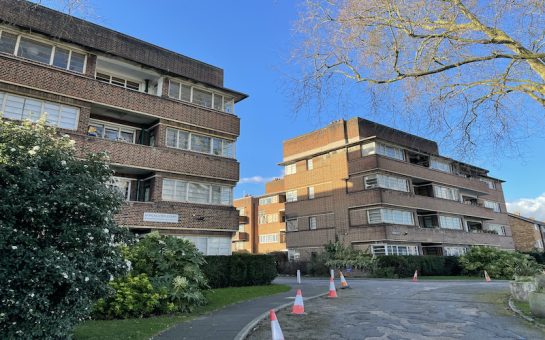
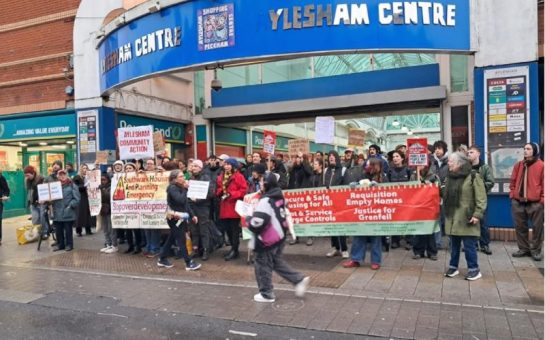
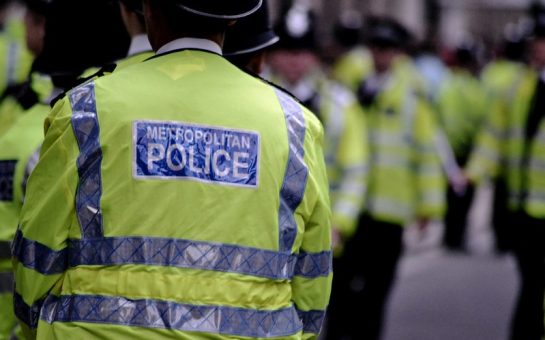
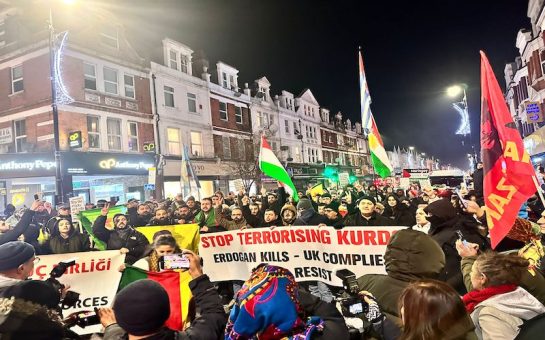
Join the discussion